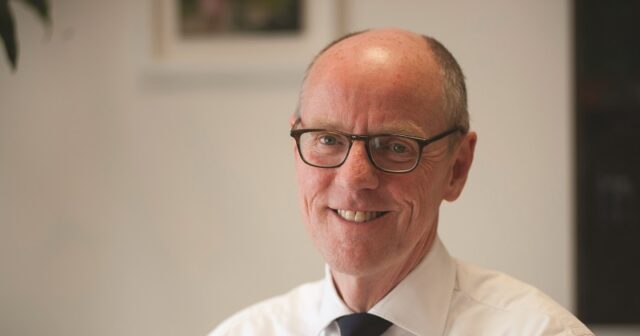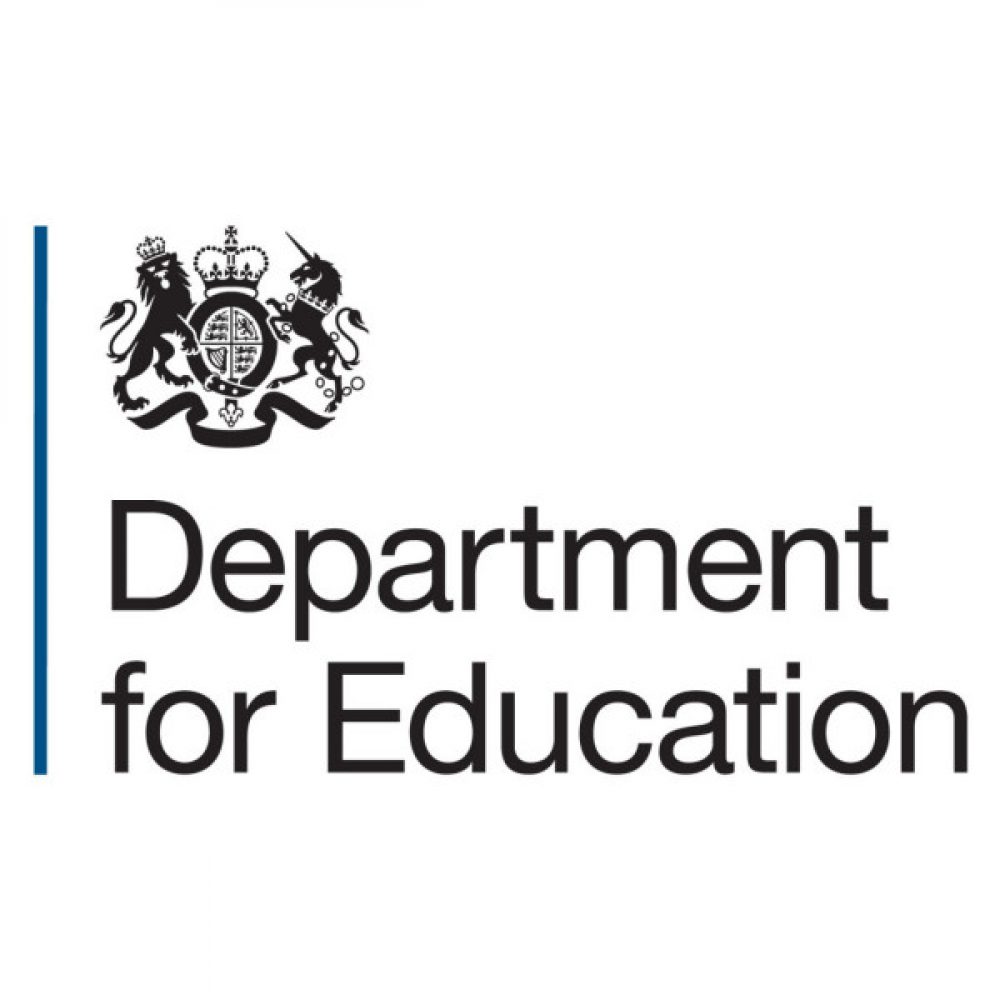The government has failed to publish a report from its own consultation into the EBacc launched a year ago, with unions and campaigners calling on ministers to “come clean” and reveal the findings.
The Department for Education (DfE) launched a three-month long consultation on this day last year about making 90 per cent of pupils study the English Baccalaureate (EBacc) curriculum, with a report set to be published in spring 2016.
Yet six months on the Association of Teachers and Lecturers (ATL), as well as the Bacc for the Future campaign, have urged the DfE to release the results of feedback from parents, pupils, teachers and employers on the performance measure.
Mary Bousted, general secretary of ATL, said: “What has the government got to hide? Why has it failed to produce a report on its own consultation on the EBacc?
“The EBacc, and the way it narrows the curriculum, will have a huge impact on the majority of children, so the government needs to come clean on the result of its consultation. Is it going to force 90 per cent of children to study this narrow range of academic subjects at GCSE?”
The EBacc, first introduced in 2010, is a performance measure for ranking schools whose pupils secure a grade C or above across five “core” academic subjects: English, mathematics, history or geography, the sciences and a language. This year 39.6 per cent of pupils took the EBacc subjects, compared to 23 per cent in 2012.
The original consultation document, signed off by former education secretary Nicky Morgan, said: “Instead of taking these core academic subjects, thousands of pupils were pushed to take so-called ‘equivalents’ – poor quality vocational qualifications, many of which counted for nothing when it came to progressing to post-19 education or training […] a testament to the soft bigotry of low expectations that dominated educational thinking at the start of the millennium.”
Yet critics of the EBacc have said that many countries lauded by the DfE for their strong performance in the “core” subjects, such as Finland, Germany, Shanghai and Ontario, also have a high proportion of students taking arts and creative subjects.

Although the consultation said there was time within the EBacc measure “for most pupils to study other valuable subjects, including religious studies, arts subjects, or vocational and subject disciplines”, this has been disputed by some industry leaders.
Sue Wyatt, chair of One Dance UK and part of the anti-EBacc Bacc for the Future campaign, said: “The Ebacc consultation is a vital part of the process of ensuring accountability measures still enable all schools to meet the needs and aspirations of all their pupils and the lack of response by the government is hindering the process.
“We are deeply concerned about the effect the EBacc is already having on arts education at GCSE and specifically the take-up of dance. In the last year alone, the number of young people taking Dance GCSE has fallen by 9 per cent.”
This year’s GCSE results saw an eight per cent decline in creative arts and technical subjects and a 1.7 per cent decline in the number of pupils taking at least one arts-based GCSE.
But previous Schools Week analysis has shown that more pupils took music and drama A-level in England than in the rest of the UK this year, suggesting the EBacc is not the only factor driving down uptake.
Nigel Carrington, vice-chancellor of the University of the Arts London (UAL), said: “These figures show that the talent pipeline into the creative industries is beginning to run dry, thanks to the EBacc.
“What schools feel today will be felt at UAL next year, and in the creative industries in five years’ time. This will reduce Britain’s competitiveness and lock a generation of talented people out of one of our most successful industries.”
The DfEsaid its findings would be published in due course. Adding: “There is no evidence that entries in arts subjects have declined as a direct result of the introduction of the EBacc performance measure – since the introduction of the Ebacc, entries into arts subjects have actually risen.
“As part of our drive to extend opportunity for all, we want all pupils to have access to an excellent, well-rounded education, and we are clear that studying music and the arts are a key part of this. We expect all schools to offer options outside the EBacc, so that pupils have the opportunity to study subjects that reflect their own individual interests and strengths.”
Save








In addition to the EBacc, schools’ obsession with Extra English and Maths at KS3, plus a reduction from 3 to 2 years for KS3 in many schools means that timetable time for creative subjects is being reduced from the start of secondary. Art, Drama, Music (and others such as PHSE) are the easy ones to cut. Consequently fewer students have the confidence or subject experience to pick creative subjects at KS4.
It’s the worst I’ve known it in 22 years of teaching.